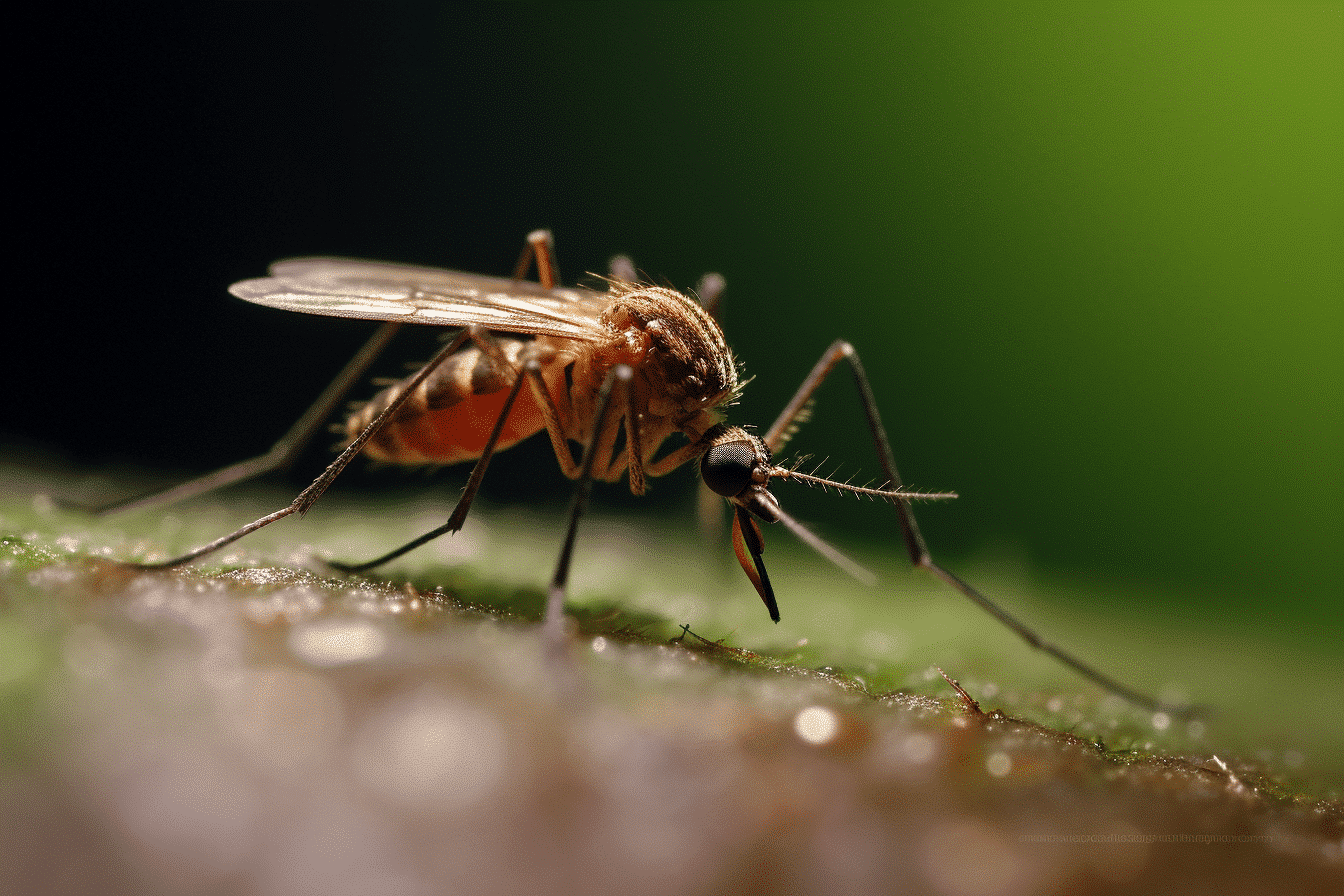Abdoulaye Diabate, a prominent African scientist, has been recognized for his groundbreaking work that could potentially eradicate malaria by genetically altering mosquito species responsible for transmitting the disease. Diabate, who heads the medical entomology and parasitology department at Burkina Faso’s Research Institute in Health Sciences, recently received the prestigious 2023 Falling Walls Prize for Science and Innovation Management.
Malaria is a major public health concern in Burkina Faso, where the entire population, especially children, is at risk of contracting the mosquito-borne disease. In 2021 alone, malaria claimed the lives of nearly 19,000 people in the country, according to data from the World Health Organization (WHO).
Diabate’s innovative approach aims to combat this deadly disease by utilizing “gene drive technology.” This technology involves introducing gene-edited male mosquitoes into the environment to render female mosquitoes sterile, thus disrupting the mosquito population responsible for transmitting malaria.
The concept is simple but potentially revolutionary. When the gene-edited male mosquitoes are released, they breed with females, but their offspring do not survive, effectively reducing the number of female mosquitoes. With fewer female mosquitoes, the transmission of malaria is expected to decrease significantly.
What sets gene drive technology apart is its sustainability and cost-effectiveness. Unlike traditional interventions such as insecticide-treated bed nets, which have faced challenges like insecticide resistance, gene drive technology offers a more promising and long-term solution to malaria control.
Although the initial results are promising, it may take a few more years to fully implement this technology across Africa. In 2019, Diabate’s research alliance, Target Malaria, conducted a pilot project by releasing genetically edited mosquitoes in a village in Western Burkina Faso. Over 14,000 sterile male mosquitoes were released, with 527 of them recaptured after 20 days, providing valuable insights for further research.
While the potential benefits of gene drive technology are clear, there are valid concerns about its environmental impact. Experts raise questions about the consequences of manipulating mosquito populations on ecosystems, as mosquitoes serve as a vital food source for various animals, including birds and dragonflies. To address these ecological concerns, Diabate and his team are committed to factoring them into the development process of their project.
This innovative research comes at a crucial time, as malaria continues to pose a significant threat in Africa. In 2021, an estimated 619,000 people worldwide lost their lives to malaria, with a staggering 96% of those deaths occurring in Africa, primarily among children under the age of five.
Abdoulaye Diabate’s dedication to fighting malaria stems from his personal experience, having survived a life-threatening bout of the disease as a child. He sees this research as a way to alleviate the burden of malaria on the African continent, where it stifles development and jeopardizes the future of millions of lives.
While challenges and uncertainties remain, Diabate’s gene drive technology offers a glimmer of hope in the battle against malaria. It represents a promising step toward a future where this deadly disease could become a relic of the past, sparing countless lives and bringing relief to malaria-endemic regions across Africa.

